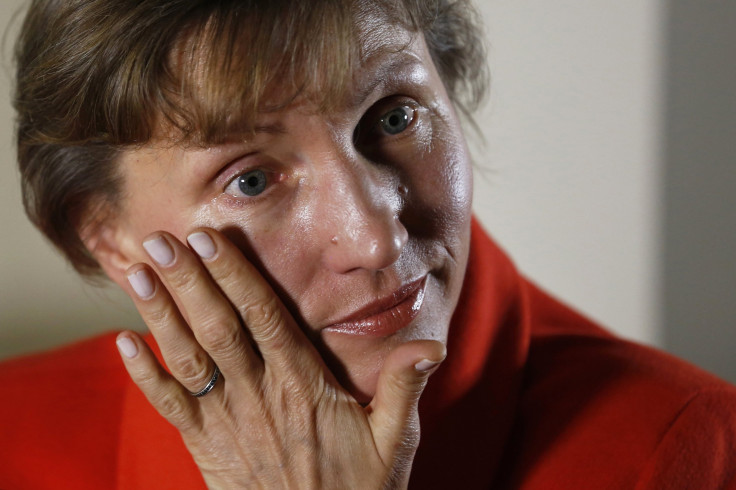Inquiry Into London Killing Of Ex-KGB Spy Litvinenko To Begin

LONDON (Reuters) - A long-awaited public inquiry into the death of Alexander Litvinenko begins in London on Tuesday, nine years after the former KGB spy died after drinking tea poisoned with a rare radioactive isotope in the British capital.
From his deathbed, Kremlin-critic Litvinenko, who had been granted British citizenship, accused Russian President Vladimir Putin of ordering his murder and British authorities say there is evidence to charge two ex-KGB agents with murder.
Russia has always denied any involvement in his death, although Robert Owen, the judge who will act as the inquiry chairman, has said there was "prima facie" evidence of Russian culpability.
Owen has also said the 2006 death had been described as "a miniature nuclear attack on the streets of London" and "state-sponsored assassination by radioactive poisoning".
The controversy generated by the killing chilled Anglo-Russian relations to a post-Cold War low.
As ties improved, Britain rejected holding an inquiry in 2013, admitting the relationship with Russia was a factor although not a decisive one. However, with relations subsequently soured by the Ukraine crisis, the British government changed its mind and gave the go-ahead for the inquiry last July.
Litvinenko's wife Marina said she believed the official inquisition would finally shed light on how her husband died, as well as on his work for the British foreign spy agency MI6.
"I want to end all the speculation," she told Reuters. "There will be official documents and none of the sides will be able to use what happened in London for their personal benefit."
© Copyright Thomson Reuters 2024. All rights reserved.





















